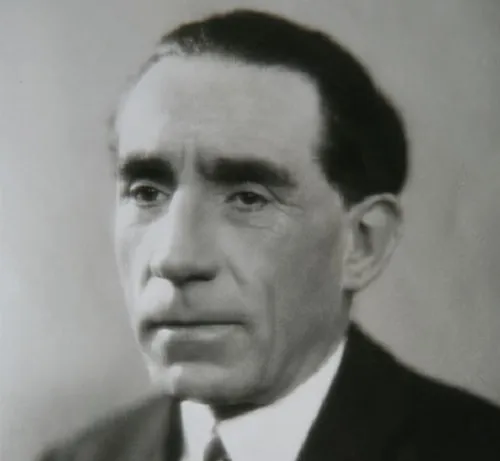
Louis Renault: A Visionary Innovator, Controversial Figure, and Automotive Pioneer
Louis Renault (1877-1944) was a French industrialist and co-founder of the automobile manufacturer Renault, which would later become one of the largest and most successful automotive companies in the world. Here is a comprehensive biography of his life.
Early Life and Education.
Louis Renault was born on February 12, 1877, in Paris, France. He was the fourth of six children in a wealthy and influential family. His father, Alfred Renault, was a successful merchant dealing in fabrics and textiles. Louis displayed an early aptitude for mechanics and engineering, often tinkering with machines and devices in his father's workshop. He attended the Lycée Condorcet in Paris, where he gained a strong foundation in mathematics and sciences. His education laid the groundwork for his future endeavors in the automotive industry.
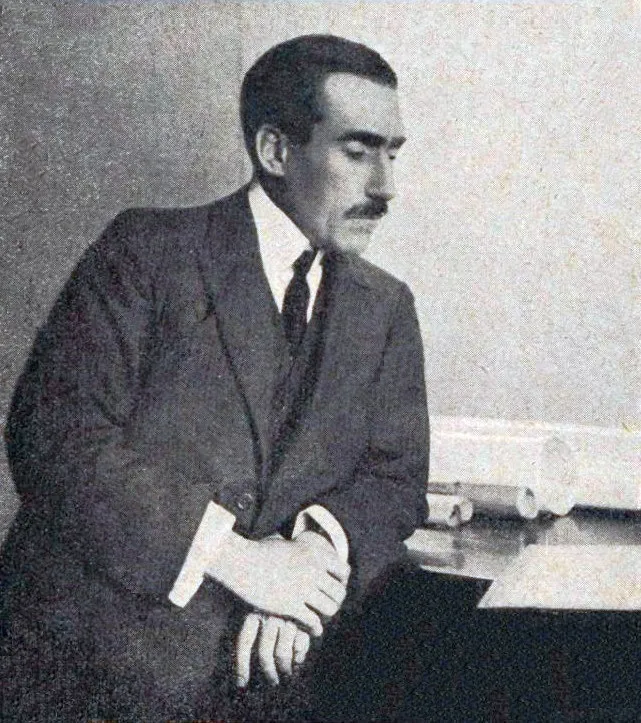
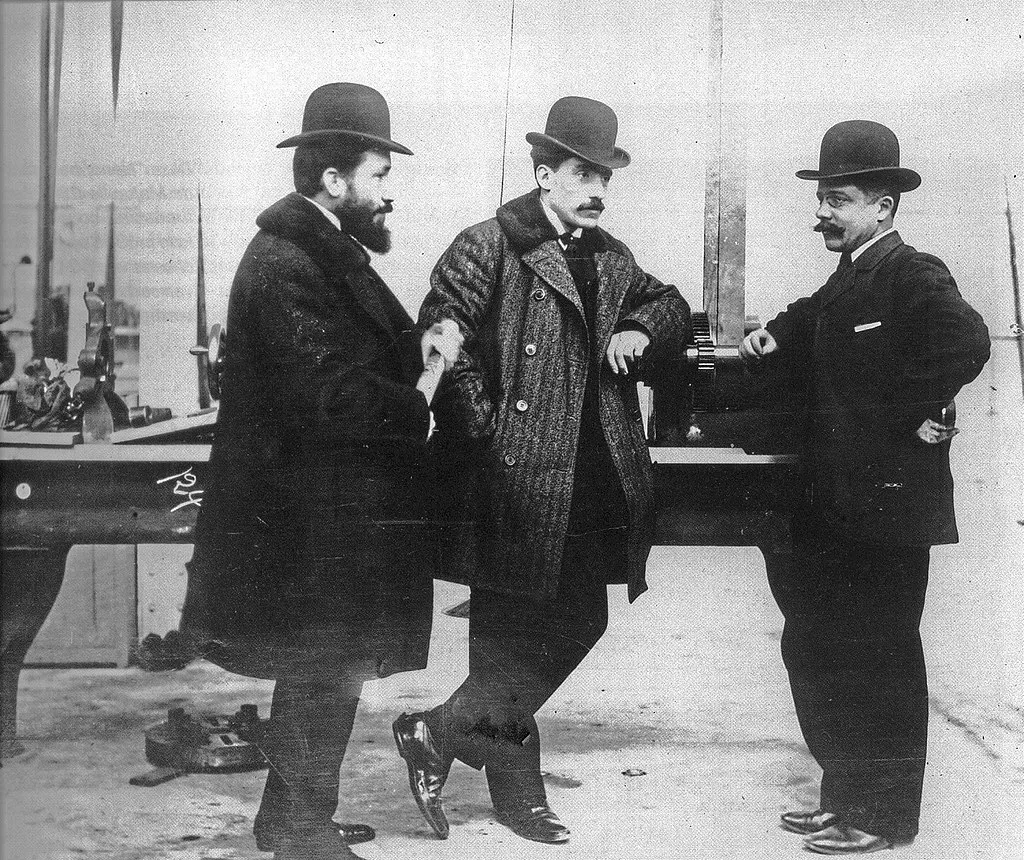
Founding of Renault.
In 1898, at the age of 21, Louis Renault and his older brothers, Marcel and Fernand, developed their first automobile prototype. This vehicle, known as the Renault Voiturette, was a small, efficient, and innovative design that captured attention due to its practicality and affordability. The Renault Voiturette featured a direct-drive gearbox and innovative front-wheel brakes. Recognizing the potential of their creation, the Renault brothers decided to establish their own automobile manufacturing company. In 1899, they founded "Société Renault Frères" (Renault Brothers Company) in Boulogne-Billancourt, a suburb of Paris.
Innovations and Success.
Louis Renault quickly gained a reputation for his engineering brilliance and innovative designs. He was responsible for several groundbreaking inventions in the automotive industry, including the first mass-produced transmission system that allowed for easy gear shifting and the "tiller" steering mechanism. Renault's company grew rapidly, producing a variety of vehicles, from taxis to luxury cars. During World War I, Renault shifted its production to military vehicles and played a crucial role in supporting the French army.
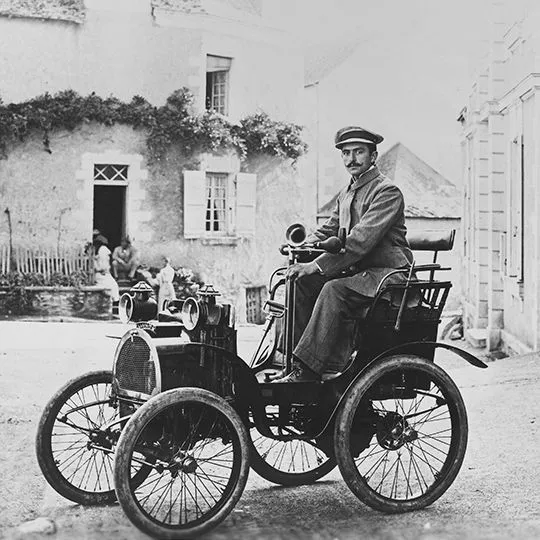
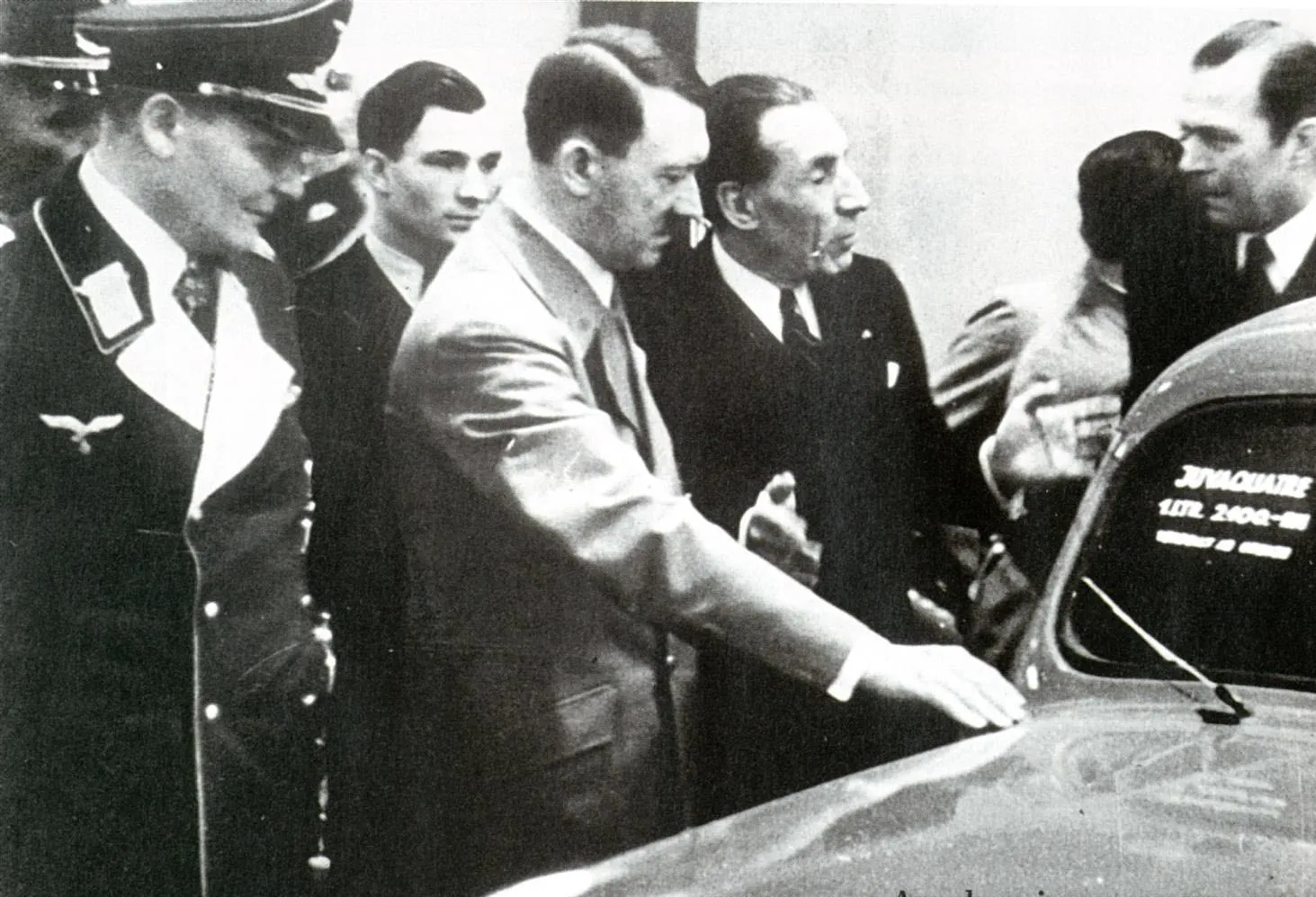
Challenges and Controversies.
Despite his contributions to the automotive industry, Louis Renault's legacy is also marred by controversies. During World War II, the German occupation of France led to a complex situation for Renault. The company was forced to produce vehicles for the German military, which drew criticism and accusations of collaboration with the Nazi regime. After the war, Louis Renault was arrested by the French government on charges of collaboration, and his company was nationalized.
Death and Legacy.
Louis Renault died in prison on October 24, 1944, under mysterious circumstances. Officially, his death was attributed to a heart attack, but speculation about his demise has persisted, with some suggesting foul play. In 1945, the Renault company was nationalized and became a state-owned enterprise. Despite the controversies surrounding its founder, the company continued to thrive and become a global player in the automotive industry. Renault's innovative spirit and contributions to automotive engineering continue to influence the industry to this day. Louis Renault's life is a complex mixture of innovation, success, and controversy. While his contributions to the automotive world are undeniable, his legacy also highlights the ethical challenges that can arise when businesses operate in the midst of geopolitical conflicts.
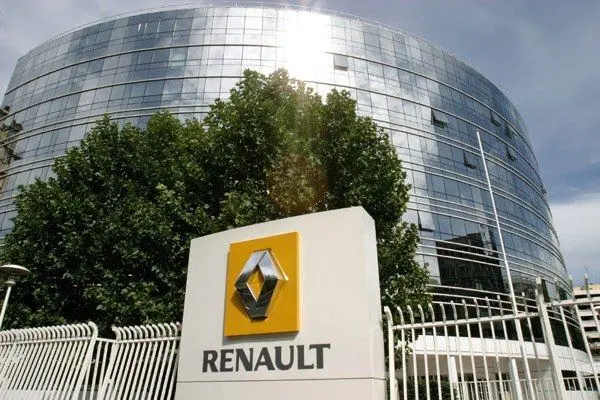
eXus Dev 12.8.2023







































